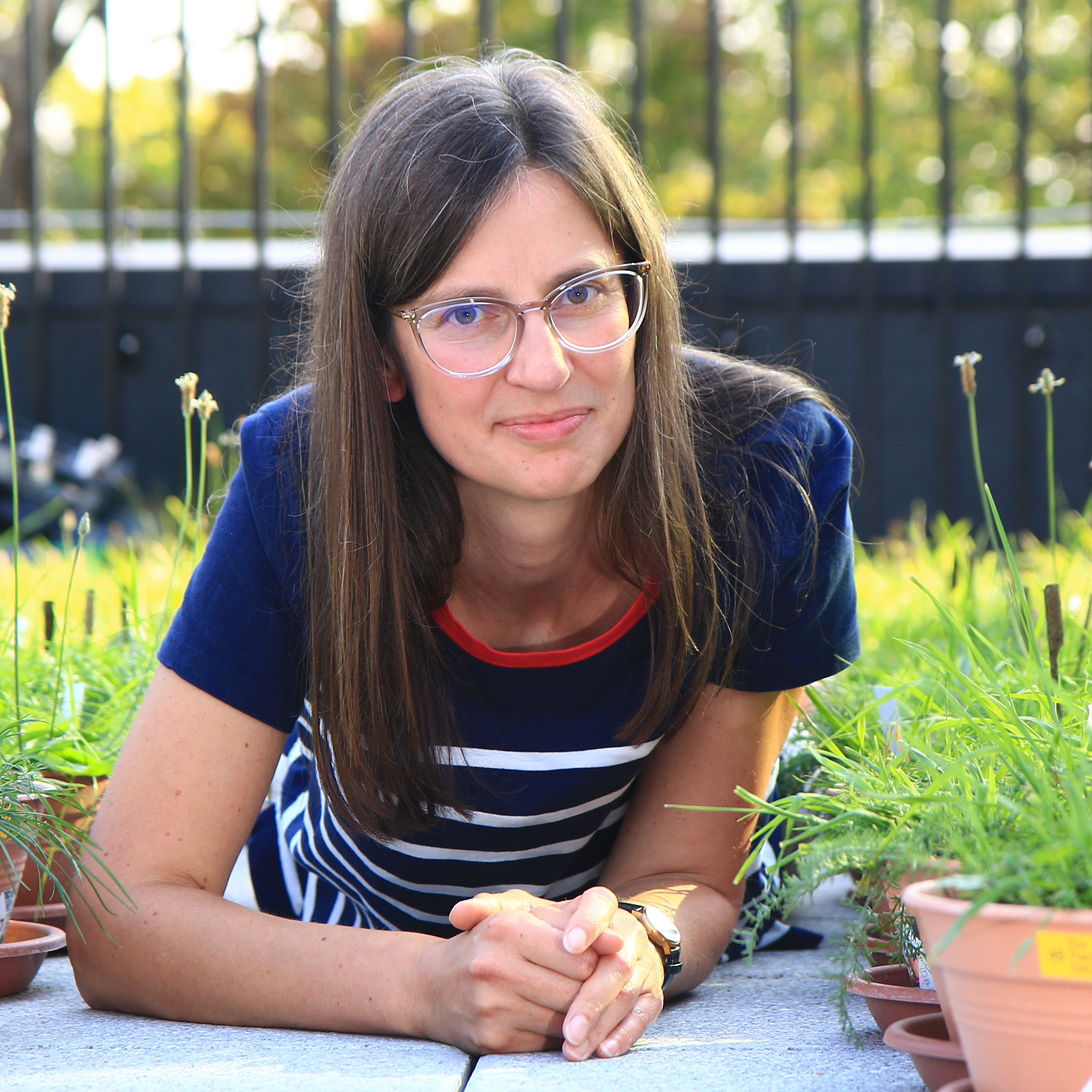
Marina Semchenko
Biosketch:
Marina Semchenko is a professor of Plant Evolutionary Ecology at the University of Tartu, Estonia. In her research, she aims to improve our understanding of how plants adjust to their environment throughout their lifetime, adapt across generations within a single species and over longer evolutionary periods across species. The studied environmental factors can be abiotic, such as the availability of light or soil nutrients, or biotic – a neighboring plant of the same or different genotype or species, or the soil microbial community. More recently, she started investigating how species growth strategies affect their interactions with soil mutualists and pathogens, how this affects plant-soil feedbacks and what are the wider consequences of these feedbacks for species co-existence, population-level processes and soil functions. The focus of her current research is on eco-evolutionary dynamics in grasslands undergoing major land use transitions.
Title:
Plant-soil feedbacks: major drivers and evolutionary implications
Abstract:
Plant-soil feedbacks describe a process where plants modify chemical, physical and biotic properties of soil and these changes feed back in a positive or negative way to the growth and performance of subsequent plant generations. Such feedbacks play an important role in vegetation dynamics by either stabilizing species co-existence or promoting monodominance or successional changes. However, the mechanisms underlying variation in plant-soil feedbacks are notoriously difficult to disentangle. Improving our ability to predict the direction and strength of plant-soil feedbacks across ecosystems, species and populations is particularly important in the era of rapid global change where both plants and soil biota are experiencing biodiversity loss and selective pressure for particular trait combinations. In this talk, I will review main plant functional traits and soil microbial properties that have been implicated in driving variation in plant-soil feedbacks across plant species and highlight the potential role of root exudates in regulating plant-soil interactions.
- Studying at Goethe University
- International applicants
- Faculties
- Overview of study programmes
- Programme for refugees
- GRADE
- Goethe Business School (continuing education)
- Research at Goethe University
- Scientific news
- Goethe Welcome Center (for international researchers)
- Collaborative research projects
- Individual research
- Visiting fellowships
- Endowed chairs
- About the University
- News-in-brief
- University administration
- Campus locations
- Campus life
- University archives (German)
- Rhine-Main-Universities






